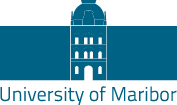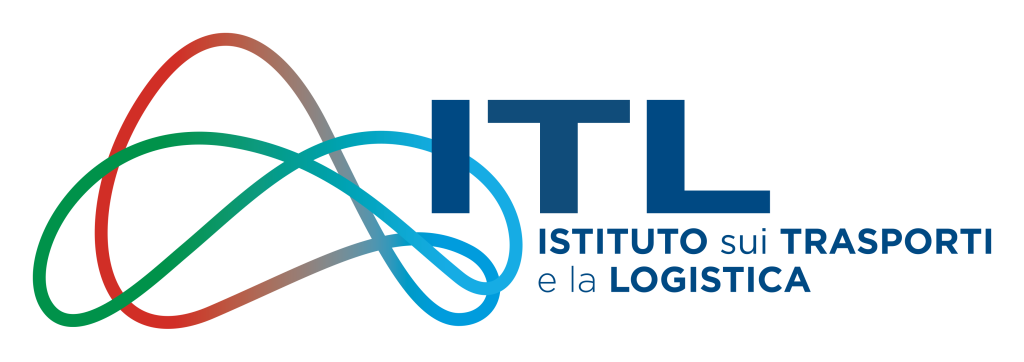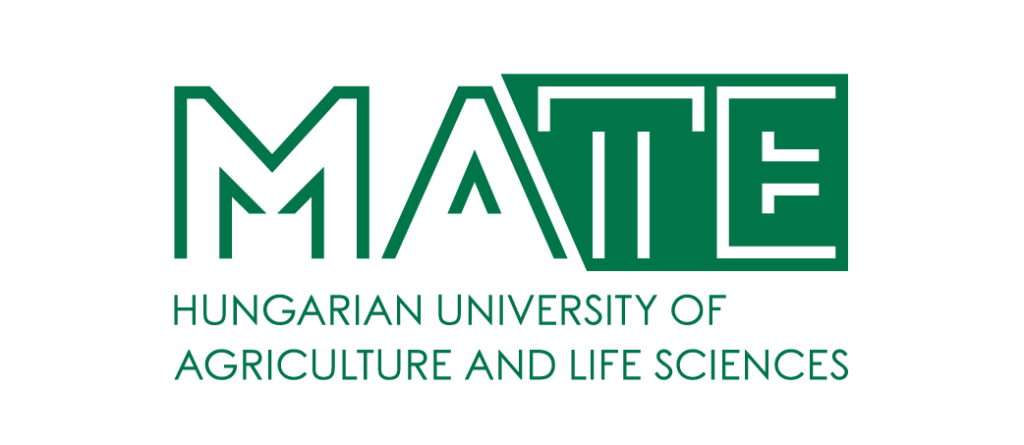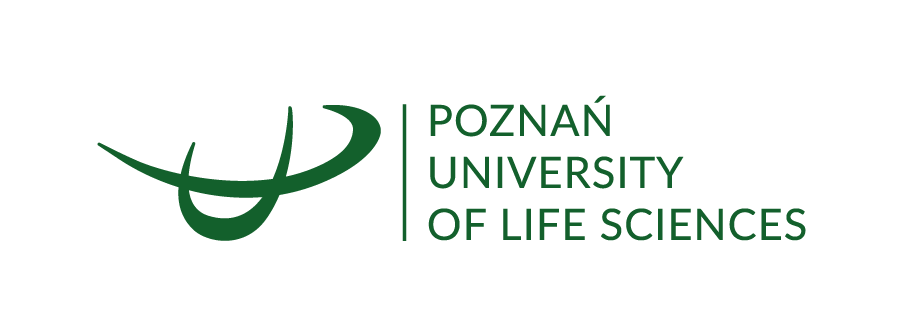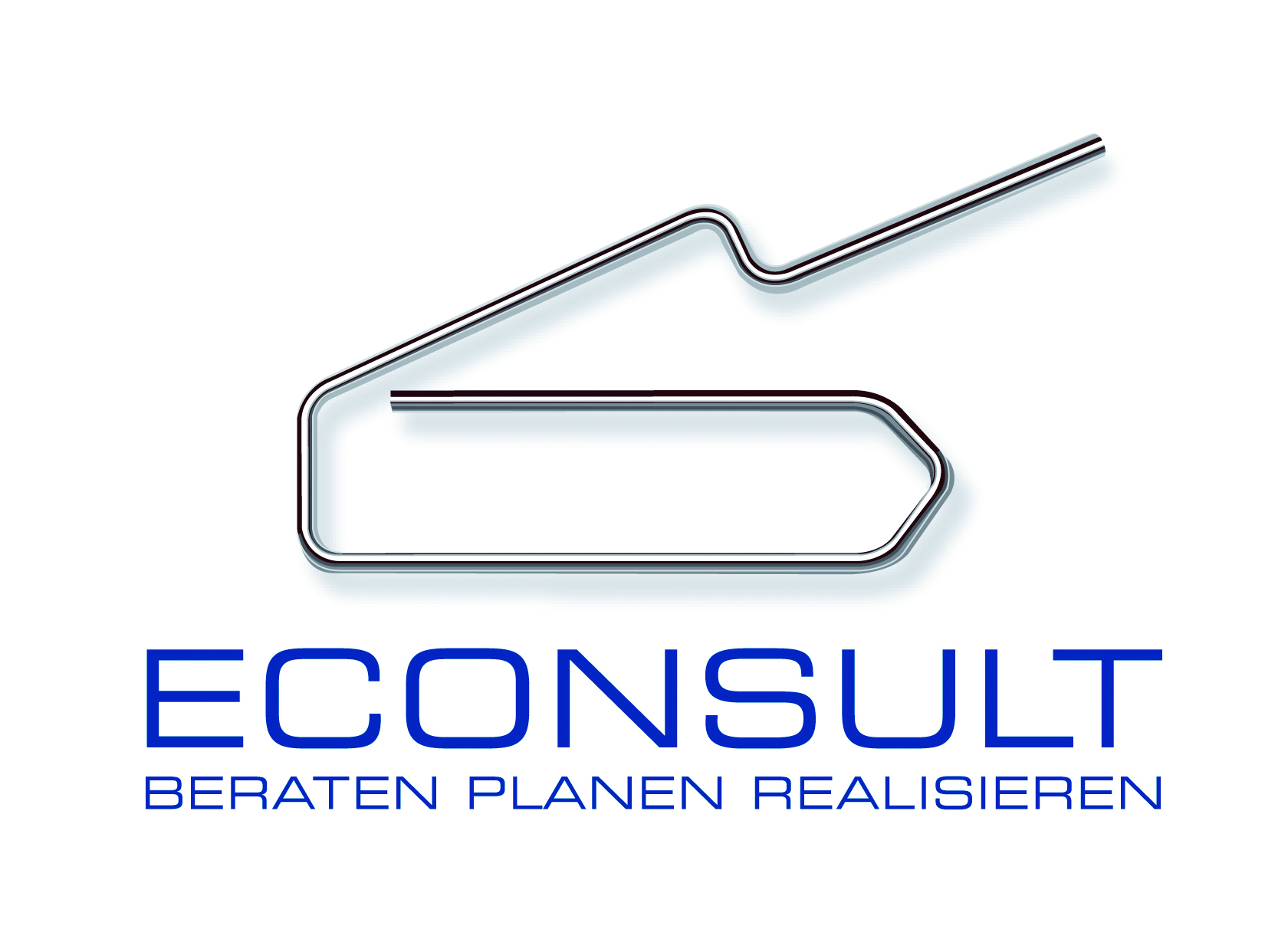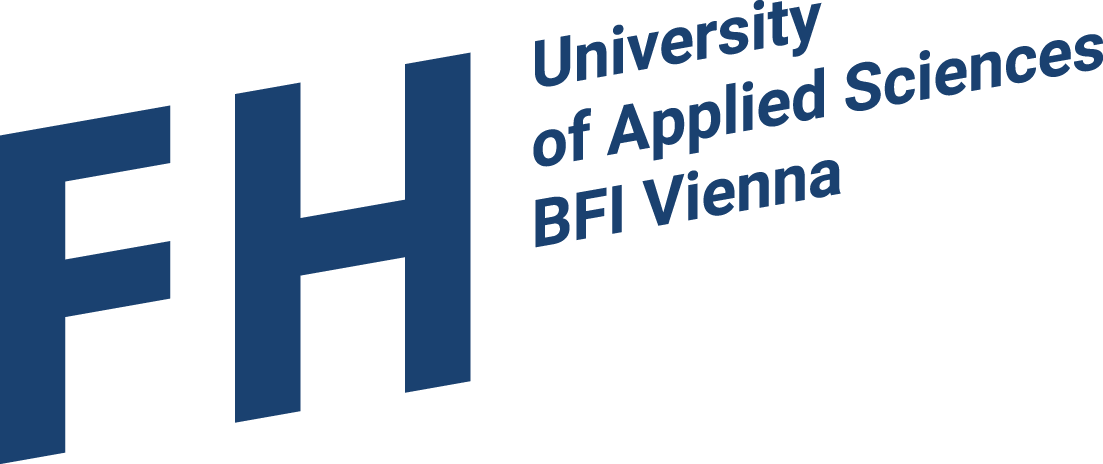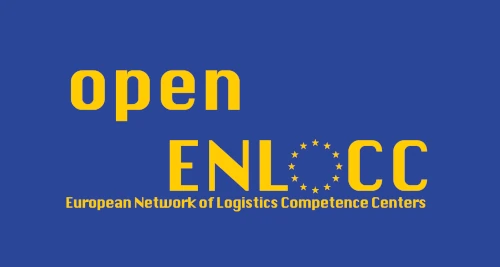Platforms and innovation hubs
Knowledge Transfer Platform
The Knowledge Transfer Platform (KTP) is essential for advancing Alternative Food Networks (AFNs) logistics in Central Europe (CE).
AFNs, either small or medium farmers, often face challenges in logistics due to their innovative nature. With the lack of structured support transforming ideas into practical solutions is hardening.
This platform addresses the need for:
- Effective strategies and actions across countries to support specific logistics operations of AFNs,
- Facilitating the sharing of best practices, and
- Accelerating the adoption of logistics solutions.
The main objectives of KTP are to:
- Provide knowledge on short supply logistics solutions and business models to target audience.
- Display best practice AFNs to facilitate contact with them.
- Stimulate the creation of new knowledge and sharing of new practices for short food supply chains (SFSC).
- Create an interactive platform for users to engage with the content (learning courses, certification, etc.).
The KTP provides:
- Insights into AFNs’ business models, especially those who have found to be effective and efficient.
- Understanding the main characteristics and challenges of Short Food Supply Chains (SFSC) and related logistics solutions.
- Efficient logistics solutions, used by identified AFN best practices, gathered throughout the project, such as:
- information systems,
- digitalization of logistics processes,
- advanced delivery/ordering principles,
- consolidation of deliveries,
- vehicle routing optimization,
- sharing of logistics facilities,
- common packaging solutions,
- energy use optimization,
- inclusive business models for systematic resilience, and
- various planning, development, and recycling models.
The main benefits of KTP are:
- Enhanced knowledge sharing: Facilitates the transfer of logistics knowledge and best practices among AFNs, researchers, business experts, and policymakers.
- Improved logistics efficiency: Provides logistics solutions, tailored to the needs of AFNs, thus improving their operational efficiency and competitiveness.
- Support for local food producers: Directly supports local food producers and AFNs by providing access to advanced logistics knowledge and practical solutions.
- Sustainability and resilience: Promotes sustainable practices and inclusive business models.
- Transnational collaboration: Encourages transnational collaboration, thereby enabling the exchange of ideas and co-creation of innovative solutions.
Matchmaking Platform
The rise of alternative food networks, defined by local sourcing, sustainable practices, and ethical considerations, has highlighted the need for efficient ways to connect key players within these networks. The Matchmaking Platform, developed in Food4CE project, addresses this need, thus serving as a virtual connector between farmers, consumers, logistics providers, and online platforms in the alternative food sector with aim to improve logistics efficiency.
By acting as an intermediary for collaboration and innovation, the Matchmaking Platform brings together farmers, consumers, logistics providers, and online platforms. It fosters the sharing of experiences, facilitates joint projects, and promotes the development of new logistics solutions and business models.
The Matchmaking Platform serves as a dynamic hub that connects, supports, and empowers key players in the alternative food networks. By enabling direct connections, ensuring seamless logistics, and leveraging online marketplaces, the platform fosters a thriving ecosystem. Through the Matchmaking Platform farmers, consumers, and the broader food industry can collectively contribute to a more sustainable and equitable food system.
Innovation Hubs
In the Food4CE project, 5 regional and 1 Transnational Innovation Hub (IH) will be developed. The aim of innovation hubs is to bring together actors from various sectors to advance AFNs in Central Europe. Innovation hubs will enable knowledge transfer between researchers, business experts, food producers, logistics operators and policy makers, thus creating a unique mutual transnational support network for Central European AFNs. With the support of OpenENLoCC innovation hubs will remain active also after the projects ends. Parts of the regional innovation hubs will be integrated into the services of organizations supporting companies (regional development agencies, chambers of crafts, research institutions or regional food hubs, etc.).
Regional innovation hubs will contribute to the overall goal of promoting knowledge transfer, co-creation of innovations, and fostering improved AFNs within Central Europe.
ORbITaLA (Slovenia)
ORbITaLA Innovation Hub (IH) is a dynamic platform designed to tackle some of the most pressing challenges facing alternative food networks (AFNs) in Slovenia—digitalization, advanced logistics, and transport. By fostering collaboration, innovation, and practical problem-solving, the hub provides stakeholders with the tools and expertise needed to overcome their daily challenges of delivering goods to their customers.
Through real-world examples of best practices, tailored solutions, and personalized support, the ORbITaLA brings together experts from the logistics sector and research to collaborate with alternative food networks (AFNs), working to overcome these challenges effectively. Practical workshops, co-creation sessions, and advisory services are at the heart of this approach, ensuring that solutions are not only innovative but also actionable and relevant.
The ORbITaLA Innovation Hub aspires to become Slovenia’s leading training and advisory centre for AFNs, supporting their growth at every stage of development and paving the way for a more sustainable and efficient future in food supply chains.
Advisory board: Regional Development Agency for Podravje – Maribor; Faculty of Civil Engineering, Transport Engineering and Architecture; Ministry of Agriculture, Forestry and Food; Faculty of Agriculture and Life Sciences; Chamber of Agriculture and Forestry of Slovenia (KGZS) – Institute of Agriculture and Forestry Maribor; Cooperative Dobrina; Post of Slovenia.
Contact information
| IH leader: | RRA Podravje Maribor |
| Address: | Pobreška cesta 20, 2000 Maribor (Slovenia) |
| Type: | Virtual & physical |
| Operating hours: | Online: every day. Live: Wednesday, 8:00 – 13:00 |
| Contact data: | mag. Danijela Kocuvan, danijela.kocuvan@rra-podravje.si |
Innovation hub (Austria)
Austrian Innovation Hub (IH) serves as a dynamic platform for connecting diverse stakeholders, enabling them to collaboratively address challenges and enhance their operations through interactive problem-solving. These processes are integrated into the Knowledge Transfer Platform (KTP), ensuring alignment with broader innovation and development goals.
Key stakeholders involved include higher education and research institutions such as Forum Ernährung Heute, BOKU, and the Austrian UAS sector, as well as innovative SMEs and business support organizations like WKW. Additionally, the hub engages public authorities at all levels, including local entities like Stadtwerke, regional counterparts, and national authorities such as the Federal Ministry of Climate Action, Environment, Energy, Mobility, Innovation, and Technology.
By fostering collaboration across these sectors, the Austrian Innovation Hub aims to drive sustainable innovation, strengthen stakeholder networks, and contribute to the development of impactful solutions for the region.
Advisory board: UAS BFI Vienna; ECONSULT; Chamber of Commerce; Federal Ministry Republic of Austria – Climate Action, Environment, Energy, Mobility, Innovation and Technology.
Contact information
| IH leader: | University of Applied Sciences BFI Vienna (UAS BFI) |
| Address: | Wohlmutstraße 22, 1020 Wien (Austria) |
| Type: | Virtual |
| Operating hours: | Online: Monday – Thursday, 10:00 – 16:00 |
| Contact data: | David Strauß, David.Strauss@fh-vie.ac.at |
Localog (Italy)
Localog Innovation Hub (IH) is committed to fostering collaboration among Alternative Food Networks (AFNs) and other stakeholders to advance a sustainable and resilient regional food system. Its primary goals include providing continuous support to AFNs as they grow and evolve, while also facilitating the development of collaborative initiatives and innovative projects that contribute to long-term systemic change.
In its initial phase, the Innovation Hub will focus on identifying the specific needs of AFNs, creating an environment of trust and collaboration, and offering training and tailored support. It will work to identify and promote best practices and innovative solutions, particularly in logistics and business models, while engaging stakeholders through a participatory process to develop a comprehensive regional action plan.
Looking ahead, the Innovation Hub envisions playing a key role in shaping a shared vision for a sustainable and resilient food system. It will continue to provide dedicated support for the progress of AFNs, helping them overcome challenges and seize opportunities. The IH will also prioritize the design and implementation of collaborative initiatives and projects that further strengthen the regional food ecosystem, ensuring long-term impact and sustainability.
Advisory board: Institute for Transport and Logistics – Bologna; Municipality of Bologna; DG Agriculture / DG Mobility – Emilia Romagna Region; Food Hub Srl; CAAB Bologna; Art-ER; Clust-ER Agrifood.
Contact information
| IH leader: | Institute for Transport and Logistics Foundation (ITL) |
| Address: | Viale Aldo Moro 38, Bologna (Italy) |
| Type: | Virtual & physical |
| Operating hours: | Online: Monday – Friday, 10:00 – 17:00 |
| Contact data: | Lorenzo Cello, lorenzo.cello@fondazioneitl.org |
FOOD4Health (Hungary)
FOOD4Health Innovation Hub (IH) is committed to enhancing the competitiveness of producers and processors by expanding their market opportunities and fostering greater integration, digitalization, and education. Its mission is to optimize the management of agricultural products along the food value chain through advanced digital tools and data-driven decision-making.
The hub will provide a comprehensive range of services, including data management, automation, and communication solutions. By leveraging these technologies, its aim is to empower stakeholders to make informed, data-based decisions, driving efficiency and innovation across the Agri-Food sector.
Advisory board: Institute of Food Science and Technology; CIBUS Hungaricus; Ministry of Agriculture; Institute of Agricultural Economics; Hungarian Chamber of Agriculture; SmileyMed Ltd.; Hungarian Association of Logistics, Purchasing and Inventory Management
Contact information
| IH leader: | Hungarian University of Agriculture and Life Science (MATE) |
| Address: | Villányi út 29-43, H-1118 Budapest (Hungary) |
| Type: | Virtual & physical |
| Operating hours: | Online: every day Live: Friday, 8:00 – 13:00 |
| Contact data: | Géza Hitka, PhD, Hitka.geza@uni-mate.hu |
PULS Innovation Hub (Poland)
PULS Innovation Hub (IH) is dedicated to driving innovation and sustainability within the Agri-Food sector by addressing key challenges and opportunities. Its objectives include developing comprehensive business plans, conducting profitability analyses, optimizing production intensity—whether increasing, decreasing, or transitioning to greener practices—and evaluating the sustainability of farms. Additionally, the hub focuses on assessing and reducing logistics costs to enhance the efficiency of short food supply chains.
A core focus of the innovation hub is identifying the strengths and weaknesses of farms operating within short food supply chains. By analyzing these dynamics, the hub aims to improve overall efficiency, strengthen the role of short supply chains in the agri-food sector, and enhance their competitiveness. A key priority is fostering greater integration and collaboration among stakeholders involved in short supply chains, creating a more cohesive and resilient ecosystem.
Advisory board: PULS; L-PIT; Agricultural Advisory Centre in the Wielkopolska Region; AgroIntegracja Sp z o.o.; Department of Agriculture and Rural Development in the Marshal’s Office of the Wielkopolska Region; Representative of Experimental Farms belonging to PULS; Bank of Credit Agricole; CSCMP – Council of Supply Chain Management Professionals; Fresh Logistics Polska; Top Farms.
Contact information
| IH leader: | Poznan University of Life Sciences (PULS) |
| Address: | Wojska Polskiego 28, 60-637 Poznań (Poland) |
| Type: | Virtual |
| Operating hours: | Online: Monday (12:00-14:00) and Wednesday (10:00-12:00) |
| Contact data: | Alina Nowotarska, alina.nowotarska@up.poznan.pl |
Food4CE TIH
The aim of Transnational Innovation Hub is to facilitate knowledge exchange and support among participating countries. Serving as a collaborative platform, it will enable sharing of experiences, best practices, and needs across national borders, enhancing collective knowledge. Additionally, the hub will foster a unique mutual support network, encouraging cooperation among regional hubs from different countries in order to address common challenges, share insights, and improve the overall functionality of AFNs in Central Europe. By promoting integration and collaboration, the hub brings together stakeholders from various nations, fostering a broader perspective and the adoption of innovative solutions on a transnational scale.
Contact information
| TIH leader: | OPEN ENLoCC |
| Address: | Avenue Louise 146, 1050 Bruxelles (Belgium) |
About project and Interreg Central Europe programe
Food4CE project
Food4CE is a European project, co-funded by the INTERREG Central Europe Programme, aimed at supporting Alternative Food Networks (AFNs) in their efforts to create sustainable and resilient food supply systems. AFNs play a vital role in promoting short food supply chains and reducing the carbon footprint of food distribution. Despite their importance, AFNs face challenges like limited knowledge in logistics collaboration, digitalization, and efficient delivery systems.
Innovating for a greener future
Food4CE will tackle these challenges through regional and transnational Innovation Hubs, uniting a diverse group of experts, including researchers, business leaders, food producers, logistics and transport operators, and policymakers. Together, they will focus on enhancing AFN logistics efficiency by creating innovative tools and solutions.
Policy support
Beyond innovative tools, such as Matchmaking and Knowledge Transfer Platform, Food4CE will also provide jointly developed regional action plans for each participating region and transnational (CE) policy guidelines for AFN support.
Visit our project website for more information.
Project partners
University of Maribor will implement transnational activities, supporting the involvement of all stakeholders within Food4CE. It will also develop study and research activities, contributing to the development, implementation and monitoring of strategies and pilot actions that will gather knowledge, experience and good practices in the field of logistics operations for AFNs. Additionally, the University of Maribor will directly support RRA Podravje – Maribor in the implementation of the Innovation Hub setup for AFNs logistics knowledge transfer and stakeholders’ matchmaking by providing a platform for knowledge transfer and logistics matchmaking.
Within the Food4CE project, RRA Podravje – Maribor will be responsible for delivering methodology and supporting partners with the establishment of regional Innovation Hubs and co-creation of the transnational Innovation
Hub. Thanks to their extensive knowledge and experience working with local producers, RRAPM will co-create events and activities that will show the real needs and challenges of AFNs creation, which will be later incorporated into regional action plans for the support of AFNs.
ITL will provide the necessary support to the AFN policy-making and strategic planning framework. After an initial phase of mapping, classification and liaising with existing AFNs and other relevant stakeholders in the Emilia-Romagna region, ITL will set up and manage a regional Innovation Hub. The goal of this Innovation Hub will be to enhance the logistics competences of AFNs, foster collaborative innovative solutions, develop joint action plans and policy guidelines to support AFNs.
MATE’s main mission is to support project partners with their knowledge in the field of agriculture by coordinating the identification and classification of existing AFNs in Europe. Additionally, MATE will setup and manage Innovation Hub and develop the pilot action in Hungary. MATE will also contribute to the development of the Knowledge Transfer Platform and the Matchmaking Platform.
Łukasiewicz-PIT has a transversal and transnational role in the Food4CE project, contributing to the analysis of existing AFNs in Europe, their characteristics and needs, as well as their logistical best practices. L-PIT will help to create the path toward the strategic planning framework and co-create a regional innovation hub in Poland and its pilot operations.
Through long-term cooperation with agricultural producers and processors of agricultural products, PULS will identify and assess the level of development of AFNs in Poland. Moreover, PULS will manage the Innovation Hub in Poland and co-create transnational network of innovation hubs.
Within Food4CE, ECONSULT will lead the process of mapping AFN logistics solutions and best practices. Additionally, ECONSULT will support project partners with its knowledge and logistical expertise in several other tasks, including the methodology for mapping best practices, the development of a Knowledge Transfer and Matchmaking Platform and finally the development of regional action plans for AFNs support.
UAS BFI Vienna will lead the development of Knowledge Transfer Platform (KTP). As activity leader, it will work closely with the University of Maribor on development and testing of KTP and its implementation. Additionally, UAS BFI Vienna will set up and manage the Innovation Hub in Vienna in close cooperation with ECONSULT. Finally, UAS BFI will play a central role in the dentification and analysis of AFNs in Austria, helping to understand their logistical needs and best practices.
OPEN ENLoCC is a leader of project dissemination and exploitation activities. For this reason, it is involved in all activities with the aim of capitalising, communicating, sharing and exploiting the results in the Central European area. It directly follows up all project results to support the partners in communication issues and takes care of developing specific results from a technical point of view thanks to the expertise of the regional competence centres. Additionally, OPEN ENLoCC will be setting up a transnational innovation hub in which all regional innovation hubs will be joined.
Interreg Central Europe programme
Interreg CENTRAL EUROPE is a European Union funding programme that supports transnational cooperation.
Interreg started as a small cross-border initiative in 1990 and has evolved into one of the EU’s key financing instruments for regional development. Between 2021-2027, around 10 billion EUR will be shared among almost 100 Interreg programmes to finance cooperation projects, which contribute to a stronger and better Europe for all.
The Interreg community offers three types of programmes to support European territorial cooperation projects:
- Cross-border programmes for cooperation between at least two countries that share the same border.
- Transnational programmes (like Interreg CENTRAL EUROPE) for cooperation between regions from several European countries.
- Interregional programmes for cooperation across the whole of Europe.
For more information on Interreg Central Europe, visit their website.



